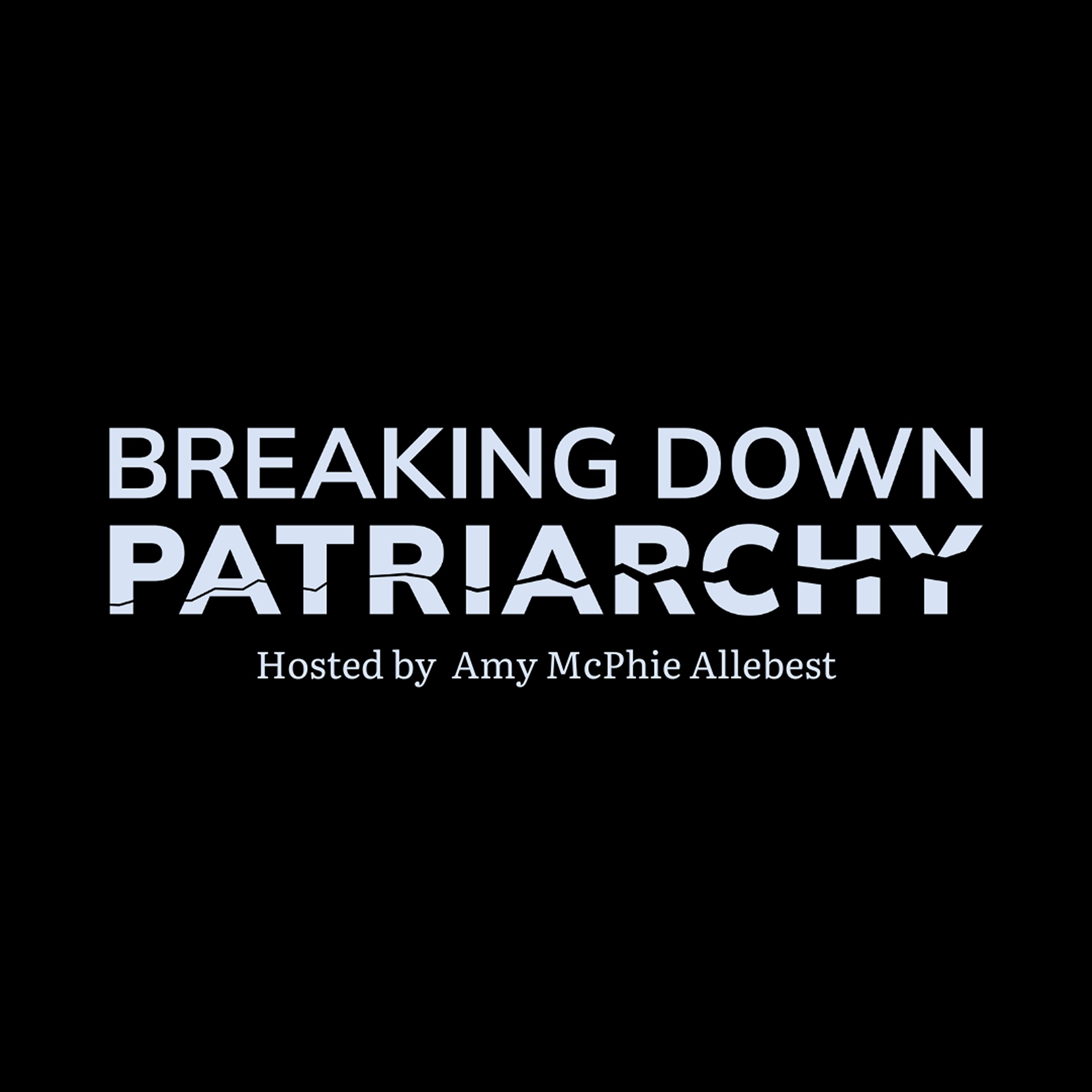Episode 42
Women, Race, and Class, by Angela Davis
Amy is joined by guest Brianna Jovahn to discuss Women, Race and Class by Angela Davis. Topics include the legacy of racialized violence in the United States, the significance of natural hair, having integrity in our beliefs, and the challenges Black women face in the workforce.
Brianna Jovahn was born August 7th, 1992 in Cedar Hill, Texas. She received her bachelor’s degree from Texas Southern University in Houston, Texas and her master’s from Grand Canyon University. Brianna is the Founder of the What’s Good Productions platform. Podcasting is not only her full-time job, but for her is something that fulfills her as she serves others in her journey. In the beginning, the goal was to learn more about Dallas’ business owners and creatives, but later it became a celebration as she connected with them. She is on a mission to build genuine and authentic connections through storytelling, and the podcast allows her to do just that.


